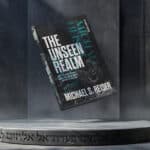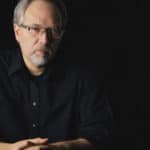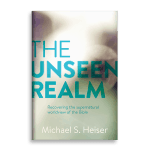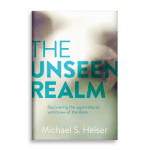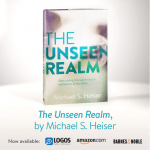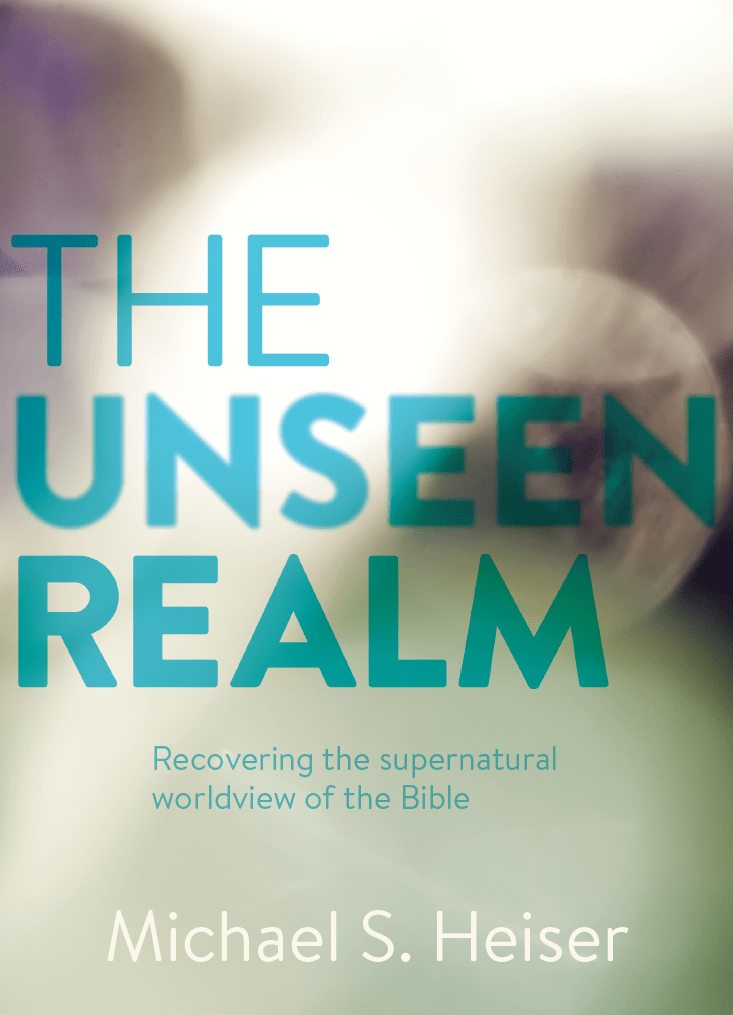
Filters are used to eliminate things in order to achieve a desired result. When we use them in cooking, the unwanted elements are dredged, strained, and discarded. When used in our cars, they prevent particles from interfering with performance. When we use them in email, they weed out what (or whom) we don?t want to read. What?s left is what we use?what contributes to our meal, our engine, or our sanity.
Most of my education was conducted in this way?using filters. It was no sinister plot. It was just what it was. The content I learned was filtered through certain presumptions and traditions that ordered the material for me, that put it into a system that made sense to my modern mind. Verses that didn?t quite work with my tradition were ?problem passages? that were either filtered out or consigned to the periphery of unimportance.
I understand that a lot of well-meaning Bible students, pastors, and professors don?t look at how they approach the Bible that way. I know I didn?t. But it?s what happens. We view the Bible through the lens of what we know and what?s familiar. Psalm 82 broke my filter. More importantly, it alerted me to the fact that I?d been using one. Our traditions, however honorable, are not intrinsic to the Bible. They are systems we invent to organize the Bible. They are artificial. They are filters.
Once I?d been awakened to this, it struck me as faithless to use a filter. But throwing away my filters cost me the systems with which I?d ordered Scripture and doctrine in my mind. I was left with lots of fragments. It didn?t feel like it at the time, but that was the best thing that could have happened.
* * *
Adapted from The Unseen Realm: Recovering the Supernatural Worldview of the Bible by Michael S. Heiser, now available for pre-order!
